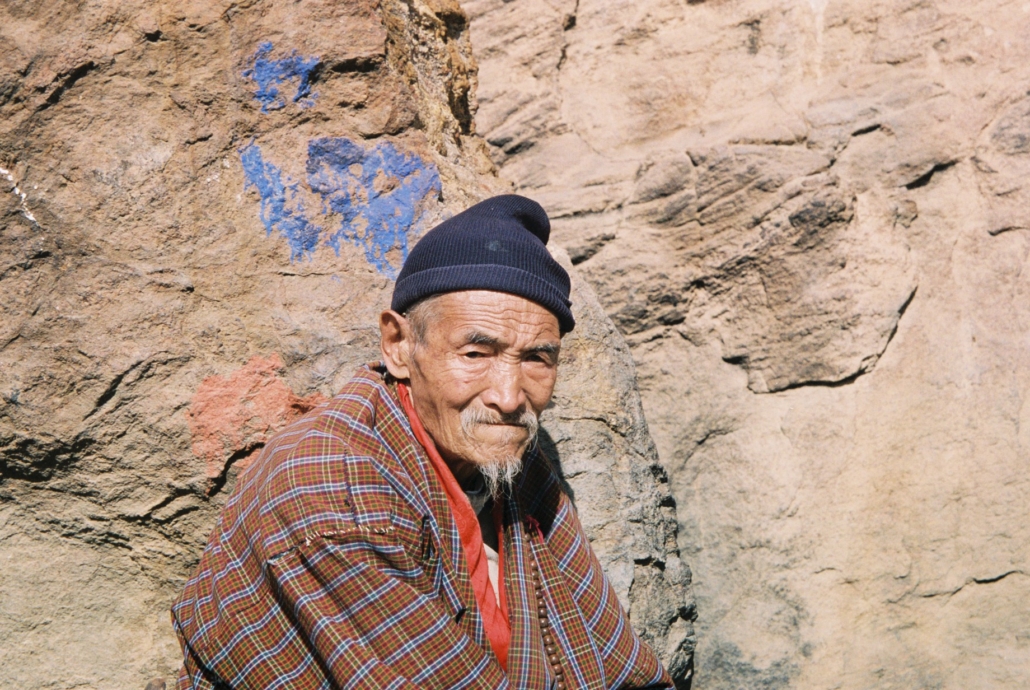Bhutan Is No Longer One of the Poorest Countries
 It can be challenging for a developing country to amend its issues. However, Bhutan has managed to achieve an incredible feat. UNCTAD has announced that Bhutan will be the seventh country to graduate from the list of least developed countries. This task is arduous, especially for a country that has just faced COVID-19. This article will answer one question: how is Bhutan no longer one of the poorest countries in the world?
It can be challenging for a developing country to amend its issues. However, Bhutan has managed to achieve an incredible feat. UNCTAD has announced that Bhutan will be the seventh country to graduate from the list of least developed countries. This task is arduous, especially for a country that has just faced COVID-19. This article will answer one question: how is Bhutan no longer one of the poorest countries in the world?
The Origins of Poverty
Bhutan is a rather old country with a deep connection to Buddhism. While many believe that human life is suffering, children in Bhutan have learned to focus on happiness and the government has always prioritized happiness above all. The University of Oxford found that 93.6% of all citizens were happy on some level.
Unfortunately, despite this high happiness rate, poverty has continued to be a problem in the nation.
One hindrance is the country’s location. Natural disasters are common in Bhutan due to a mountain nearby, the Himalayas. Communities are wiped out because of extreme floods originating from the melting glaciers. Farmers have difficulty making cash because crops are hard to maintain from the floods. The fact that education is hard to access does not help this struggle, being a two to three-hour walk for those living in rural areas. The country has been hoping to remove these issues, which is why it launched several programs to change Bhutan for the better.
The Strategies
Each plan aims to accomplish something over five years. These plans usually have programs connected, such as the Rural Economy Advancement Program of The Common Minimum Program. These programs support citizens in rural areas with necessities to boost their income or resources. This program has helped connect these societies to those more affluent in their profit, with schools and shops now present. The government has had the money to support such causes thanks to its tourism, which has grown over the years. Around $120 million worth of sales were achieved in 2019.
One constant supporter of Bhutan has been India, who is close to the country. Not only have they proven to be a source of foreign aid, but they have traded resources for each other. India has provided Bhutan with a better power supply in the form of hydropower, allowing the production of crops to be improved. These strategies seemed to push the country in the right direction. In 2014, it was found that some of the poorest households now had access to amenities such as phones and electricity. The switch to hydropower led to 8% annual growth in crop production per 100 acres. The poverty rate went from 12% in 2012 to 8.% in 2017, with a total reduction of 23.5% from 2005 to 2018.
COVID-19
One of Bhutan’s most impressive feats was during the COVID-19 era. At first, it seemed like Butan would falter, just like every other country. Bhutan was particularly vulnerable, as the country’s border connected to India and China. The country’s tourist-focused approach meant many people would move across the border, increasing risk. Bhutan decided to do all it could to prevent the virus from spreading. When just one person tested positive for COVID-19, a three-week national lockdown took place. The country was very open with news regarding the virus, always keeping people posted on the virus. This openness led to more community action, with various businesses offering their spaces as quarantine zones, with free products for those in need.
Unfortunately, drastic measures were necessary with the biggest being the closing of the borders. With Bhutan’s reliance on imports, this proved a hindrance. However, the government was dedicated to stopping the virus. The Buddhist values of the country remained stronger than ever, with resilience and flexibility being the common mindset among most citizens. This urgent action paid off, as the country never became overloaded with cases. Thanks to the engagement of the country’s leaders, Bhutan has managed to come out of the COVID-19 era with only 21 deaths.
The Outcome
Bhutan’s success in handling COVID-19 is critical to its success in no longer being among the poorest countries in the world. The virus’s impact on the war against poverty is immeasurable. The World Bank Blog reported, “In 2021, the average incomes of people in the bottom 40% of the global income distribution are 6.7% higher than their pre-pandemic projection, while those of people in the top 40% are down 2.8%.”
After COVID-19, Bhutan continued to make steady progress. Tourism again proved valuable, and the increase in that area led to more jobs. The country also saw increased work in more industries, such as construction and manufacturing. The country has always been vulnerable to changing weather patterns. However, things appear to be looking better, thanks to the development of a $2.9 million National Adaptation Plan, which further expanded the country’s focus on protecting itself from the effects of changing weather patterns.
Conclusion
Bhutan still faces several challenges before poverty is defeated, but the country is growing. Once the country graduates on December 13th, Bhutan will have many benefits from no longer being one of the poorest countries in the world. Alongside increased access to outside resources, the increase in reputation will lead to more tourists. It will be exciting to see how Bhutan evolves now that it is no longer among the poorest countries.
– Uzair Khan
Photo: Flickr
